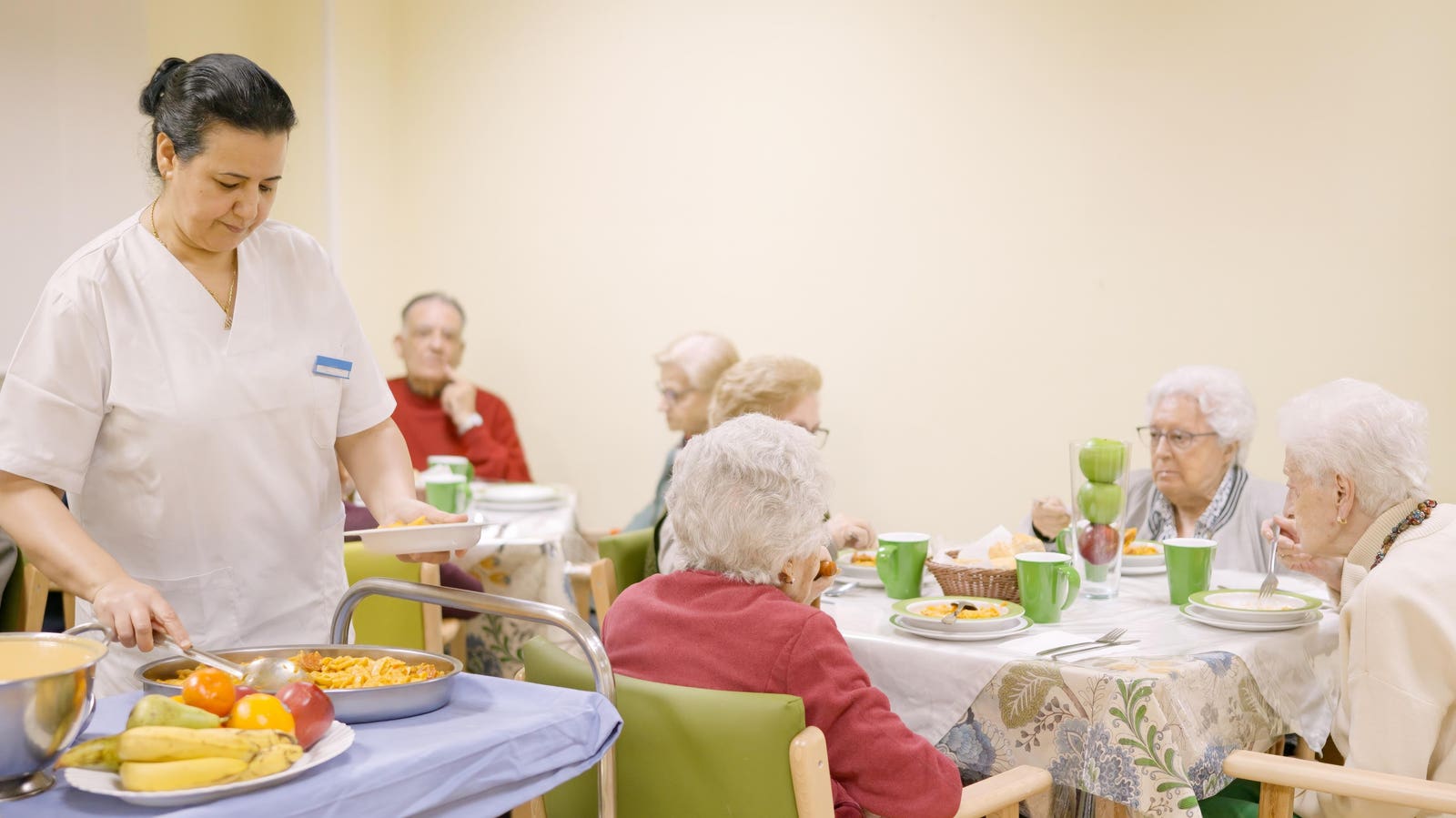Physical Address
304 North Cardinal St.
Dorchester Center, MA 02124
Physical Address
304 North Cardinal St.
Dorchester Center, MA 02124

A Listeria outbreak linked to recalled frozen shakes has killed 11 people, raising concerns about … [+]
Frozen shakes served in nursing homes and hospitals have been recalled after being linked to a listeria outbreak, that has caused 11 deaths and 38 illnesses across 21 states. The reason? Listeria monocytogenes—a deadly bacteria especially dangerous for older adults—was found in the shakes, prompting a nationwide recall.
The recalled shakes were marketed under the Lyons ReadyCare and Sysco Imperial brands and distributed primarily through foodservice channels to healthcare facilities.
The FDA’s investigation revealed that this outbreak did not start in 2024—cases date back to 2018, making this a years-long public health crisis. With 20 cases reported between 2024 and 2025, officials are now working to contain further spread and prevent additional illnesses.
The FDA is working with the recalling firms—including Lyons Magnus and Prairie Farms Dairy, Inc.—to identify the source of contamination and monitor whether additional recalls are needed. The investigation remains ongoing.
FDA traces deadly Listeria outbreak to recalled frozen shakes linked to 11 deaths.
According to the FDA’s findings, Listeria infections linked to these shakes go back as far as 2018. The contamination was only recently identified after genetic testing confirmed that bacteria found in infected patients matched samples from the recalled products.
Investigators have identified:
For hospital and nursing home residents, this recall is especially concerning because they rely on foodservice providers to ensure meals are safe. Unlike grocery store recalls, where consumers can simply discard affected products, these recalls affect entire institutional kitchens, requiring immediate response from healthcare foodservice operators.
Nursing home and hospital patients had no control over consuming contaminated shakes—why … [+]
Most food recalls ask consumers to check their fridges and throw out affected products. However, in hospitals and nursing homes, residents do not control their meals—they rely on foodservice providers to ensure what they are eating is safe.
That is what makes outbreaks like this one particularly alarming. According to a study published in the American Journal of Infection Control, foodborne illness outbreaks in healthcare facilities lead to significantly higher hospitalization and mortality rates than outbreaks in the general population. A report from the National Institutes of Health also highlights how early symptoms often mimic other health conditions, delaying treatment.
Listeria is the third leading cause of death from foodborne illness in the United States, with about 260 deaths annually, according to the CDC.
Unlike most foodborne illnesses, which cause symptoms within hours or days, Listeria infections can appear the same day or up to 10 weeks after exposure*. This means that many people may have already been exposed before the recall was issued.
Complicating matters further, symptoms such as fever, muscle aches, and confusion can mimic other age-related conditions, leading to delayed diagnosis and treatment. As noted in PDI Healthcare’s research, early symptoms often go unnoticed in long-term care environments, making outbreaks harder to contain.
Listeria outbreak raises urgent concerns about food safety oversight in hospitals and long-term care … [+]
Foodborne illness outbreaks in hospitals and nursing homes present unique challenges that make recalls more dangerous in these settings. According to the CDC, several systemic factors contribute to delayed responses and increased fatalities:
These risks mean that once a listeria outbreak occurs in a healthcare setting, it is harder to contain and often deadlier than a retail-related outbreak.
Sysco recall raises concerns about food safety oversight in healthcare dining.
When a recall and an outbreak like this happen, the impact goes beyond just one company. Sysco and Lyons Magnus are now under scrutiny, but this may also put pressure on food suppliers across the healthcare industry to ensure stronger safety checks.
For patients and their families, it is a reminder of how critical food safety is in healthcare. Unlike grocery recalls, where consumers can choose what they buy, nursing home and hospital residents have no control over the food they are served—making these recalls far more concerning.
Sysco has stated that it is working with the FDA to review its supplier safety protocols and prevent future contamination. The FDA’s investigation is still ongoing, meaning more recalls could follow if additional products test positive.
For now, healthcare providers and foodservice operators have been instructed to discard all affected shakes immediately.
This listeria outbreak is about more than just one contaminated product.is about more than just one contaminated product. It raises bigger concerns about how food safety failures in healthcare settings continue to put the most vulnerable at risk.